Unlocking Clarity: Adult Autism Diagnostic Evaluations for Self-Discovery
In the journey of self-discovery, adult autism diagnostic evaluations can be transformative. These evaluations provide individuals with a clearer understanding of their neurodivergent identity and offer a path toward self-acceptance and empowerment. In this blog post, we will delve into the importance of neurodiversity affirming language, the autism acceptance movement, the significance of self-advocacy, and the ways in which adult autism diagnostic assessments can contribute to personal growth and self-discovery.
The neurodiversity affirming movement encourages the recognition and acceptance of diverse neurotypes, including autism. It emphasizes the idea that neurodivergent individuals have unique strengths and perspectives to offer to society. Instead of viewing autism as a deficit or disorder, it celebrates the richness of neurodiversity. By adopting a neurodiversity affirming approach, we can shift societal perceptions and promote acceptance, respect, and inclusion for all individuals, regardless of their neurocognitive differences.
Self-advocacy plays a vital role in the lives of neurodivergent individuals, including adults on the autism spectrum. It involves understanding one's needs, rights, and strengths, and actively voicing them to create a supportive environment. Through self-advocacy, individuals gain a sense of control over their lives and contribute to shaping a society that embraces diversity. Adult autism diagnostic assessments provide a foundation for self-advocacy by offering individuals clarity about their neurodivergent identity and validating their experiences.
An adult autism evaluation is not merely about identifying challenges; it is also a gateway to recognizing and celebrating personal strengths and abilities. These assessments provide a comprehensive understanding of an individual's unique neurocognitive profile, highlighting areas of exceptional talent and expertise. By acknowledging and embracing these strengths, individuals can unlock their full potential and pursue their passions.
For many adults who have long felt different, struggled to fit societal norms, or have a laundry list of diagnoses (ADHD, OCD, anxiety, depression, etc.) getting an autism diagnosis can be a powerful tool for self-acceptance. It offers a lens through which individuals can better understand their experiences, providing a framework to make sense of past challenges and navigate future opportunities. With self-acceptance can come a sense of relief, validation, and the potential for improved mental health and overall well-being.
Understanding one's neurodivergent identity can foster a sense of belonging within supportive communities. These communities provide spaces for individuals to connect with others who share similar experiences and perspectives. By connecting with peers, mentors, and advocates, individuals can access a wealth of knowledge, support, and resources that can further their personal growth, self-advocacy, and contribute to a more inclusive society.
Unlocking clarity through an autism evaluation is a journey of self-discovery, self-advocacy, and empowerment. By embracing neurodiversity, individuals can develop a deeper understanding and acceptance of their own neurodivergent identity. Through self-advocacy, individuals can assert their rights, celebrate their strengths, and shape their own paths. Autism evaluations can provide the foundation for this transformative process, paving the way for personal growth, self-acceptance, and the creation of supportive communities that value and embrace neurodiversity.

